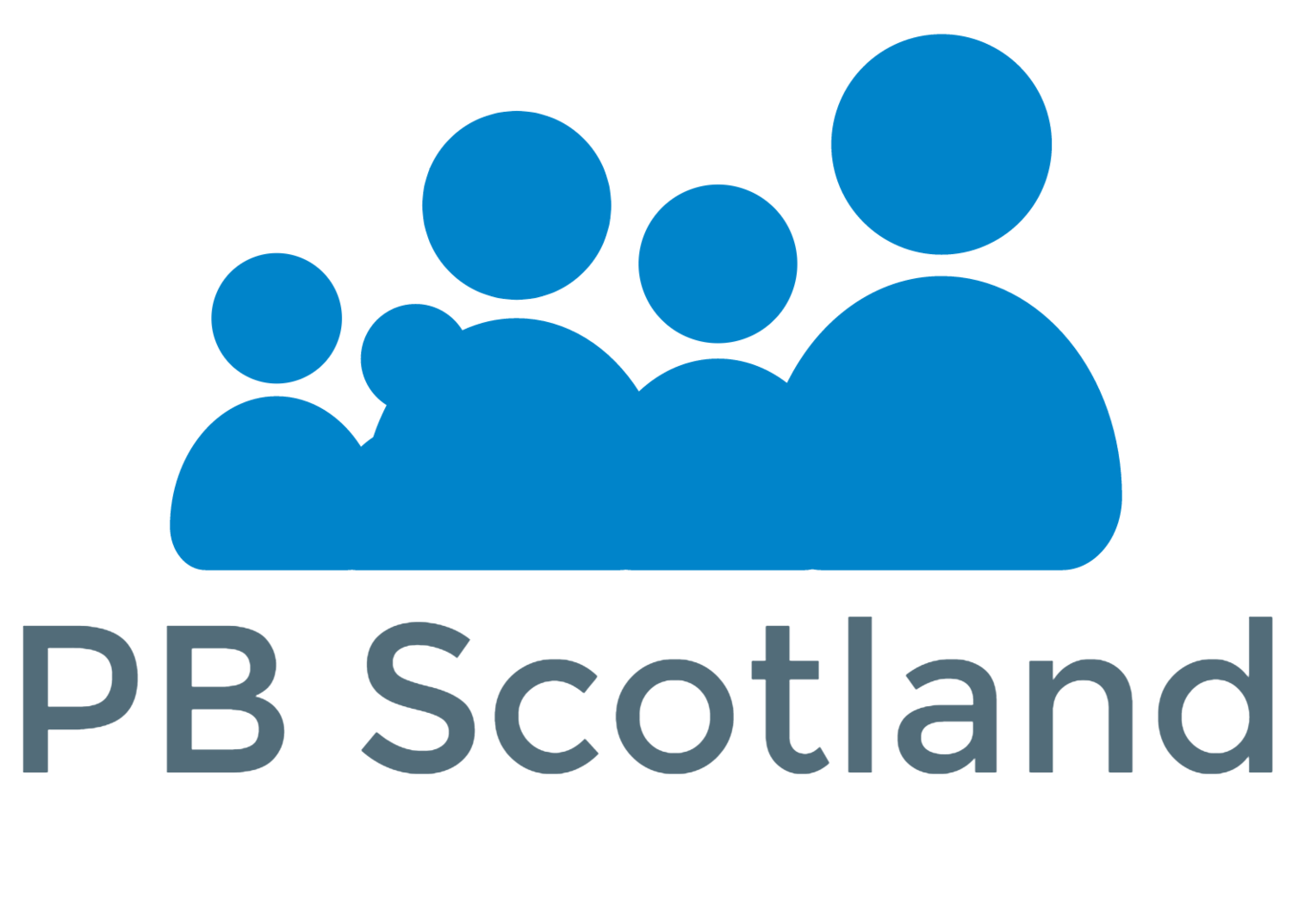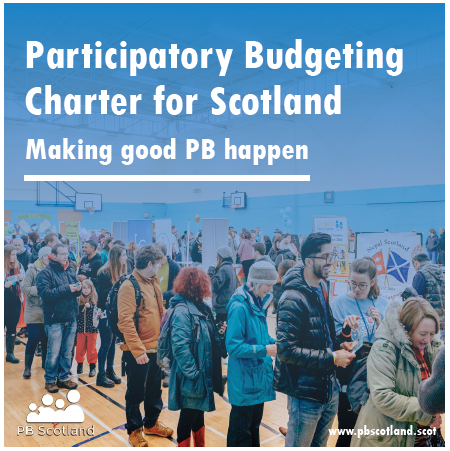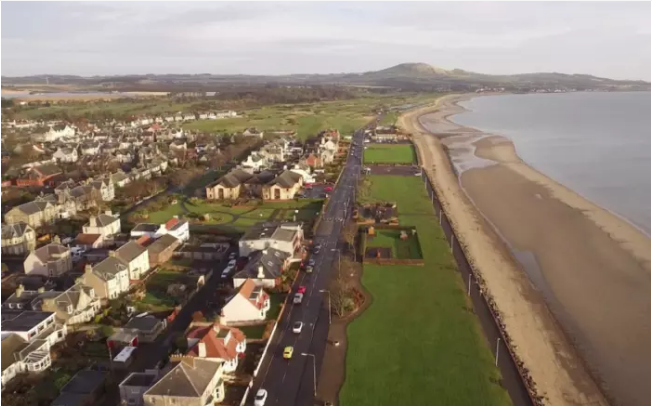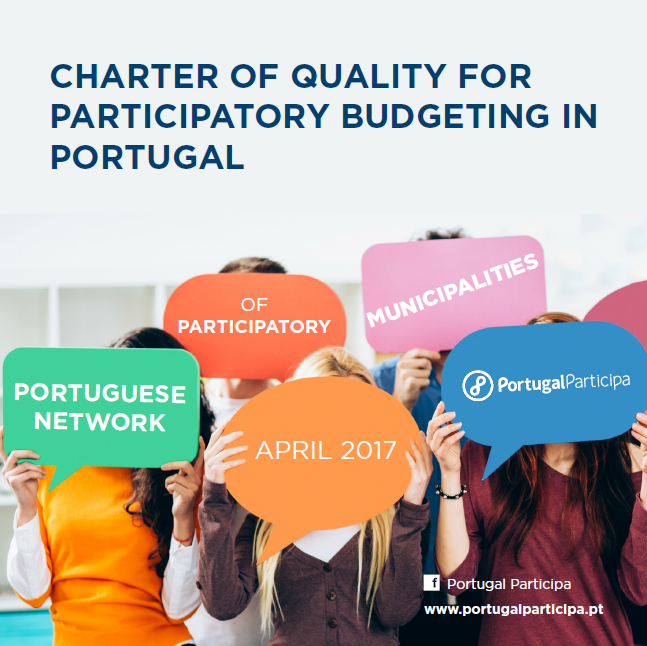Contribute your ideas ahead of voting in this PB process in Cranhill, Glasgow.
Read MoreD&G Year of Young People PB results
/Over 1000 young people voted with the result of 22 projects across the region receiving grants of between £700 and £5000.
Read MoreNorth Carrick "Participate Activate Regenerate" PB process for 2018
/North Carrick Community Benefit Company have launched a new round of participatory budeting funding for their local community.
Read MoreParticipatory budgeting for elected members - briefing
/The Improvement Service has produced an updated version of its guidance around PB for elected members.
Read MoreHelp shape the future of Leven Promenade
/Fife Council allocated £25,000 towards the regeneration of the prom and worked with organisations and individuals throughout the area to select nine options.
Spruce Up Oor Toon - Celebrate KiImarnock
/Funding for ideas / projects that will enhance peoples experience of and improve the appearance of Kilmarnock Town Centre.
Read MoreBudgeting for a Fairer Scotland Masterclass
/Join the Health and Social Care Academy and What Works Scotland at an event on Wednesday 17th January 2018 to explore budgeting.
Read MoreLocal Governance Review launched
/The Scottish Government and COSLA have launched a Local Governance Review to find out what changes are needed to encourage more people to be involved in local decision making.
Read MoreCatch up with #CoProWeekScot 2017
/Co-production Week Scotland was held 27th Nov - 3rd Dec 2017 and was a chance to talk about the progress of co-production in Scotland.
Read MoreHow far have we come? Report from the PB Scotland Conference 2017
/Read about all the action from the day.
Read MoreThe Church of Scotland is recruiting for a Participatory Budgeting Development Worker
/The Church of Scotland is recruiting a PB Development Worker for a short term contact until March 2018 to continue to develop Churches’ understanding of participatory budgeting.
Read MoreDundee Decides on council spend
/News of Dundee City Council's city-wide £1.2m PB programme, Dundee Decides, has gone public.
Read MoreInterim evaluation report on PB in Scotland
/Read the Interim report from the evaluation of PB in Scotland by Glasgow Caledonian University
Read MoreMoving towards the 'mainstream'?
/Aberdeen City Council is enabling council tenants in part of the city to have a direct say over how money is spent on improving their area. PB Scotland asks if this is a sign of a move towards the 'mainstreaming' of PB.
Read MoreCelebrate Kilmarnock PB: Putting Kilmarnock on the map
/Applications are invited from individuals, groups, organisations and businesses to put Kilmarnock on the Map.
Read More1% local government target sees £100 million for PB
/The Scottish Government and COSLA have announced that at least 1% of local government budgets will be decided through participatory budgeting (PB) by the end of 2021, with £100 million in council funds potentially available
Read More£1.5 million for Community Choices
/16 community organisations and 17 local councils will share the £1.5 million fund, with more than 90 applications submitted for 2017/18.
Read MoreBack to Basics: The Foundations of Participatory Budgeting
/October 12, 2017
On 12th October PB Scotland brought together a group of people with a great interest in participatory budgeting to take part in our learning event: The Foundations of Participatory Budgeting, in Dundee. This learning event was a chance for us to go back to basics and explain how PB works and why it matters, and also for those who have been involved in a process, to share their experiences with others.
The morning began with a warm welcome from David Reilly, Development Manager at SCDC who soon had the participants feeling right at ease with a fun, interactive ice-breaker.
Once everyone was well acquainted, David began his presentation, explaining what PB is and how it can be done which was supported with a little help of a short video commissioned for the Kirk’s Church and Society Council.
David highlighted the values of PB while also stating that:
“PB isn’t always perfect and we shouldn’t judge PB against a perfect ideal. It’s helpful to compare it to what happens now and consider that these decisions are already being taken, but not by communities themselves.”
David’s presentation was followed by an uplifting and inspirational presentation from Jan Pringle, Manager of Burnfoot Community Futures in Hawick, Scottish Borders. Jan shared her experience of PB after Burnfoot Community Futures (BCF) received £40k from Community Choices Fund in 2016 to address social inequalities in response to community needs. This resulted in 26 projects being submitted, with each project having the opportunity to present their proposal at an event held in Burnfoot Community School. Over 300 votes were received and 13 projects were awarded funding. Jan gave the group an outline of how the Steering Group tackled the PB process, which she highlighted wasn’t easy but was well worth it:
“To see folk coming together in our community, being united and the power of the volunteering that went on behind the screens has been phenomenal”.
Jan couldn’t express enough that the major key success of their project was the Steering Group.
“The power of your community, they know what works”.
Next up we had Rachel Green, Independent Consultant, who shared with the group her experience of PB from the perspective of a Local Authority. Rachel who previously worked for Angus Council gave her reflections of the challenges they faced during the PB process, while also sharing her optimism and encouragement for the future of Participatory Budgeting in Scotland.
Rachel gave an example of an online and offline integration PB process that Angus used in 2016. This was in the form of a digital tool, Dialogue by Delib which offered an online site to help widen participation and which particularly helped to involve the non-English speaking community in Angus by offering different language translations. The site was used to generate conversation and ideas about community needs and the conversation which created the most interactions were submitted to the application process. Once applications were submitted, a voting day took place. Read the case study here.
One of the core challenges, but successes of the approach in Angus, was being able to respond to the Steering Group’s decisions throughout the process. Rachel commented that they were keen to ensure that the Steering Group had genuine control over the process in order to build the community’s trust in developing the participatory approach.
Within Rachel’s presentation she recommended a useful research paper by The Democratic Society (Demsoc) which highlights how digital tools can support PB processes. The report draws from Demsoc’s own research and workshops and discussions with 18 councils currently working on PB around Scotland. Read here.
“PB is about resources, skills, energy, participation and shared responsible, not necessary about spending money”
Rounding up her presentation, Rachel left us with a final thought “PB isn’t perfect but don’t let perfect be the enemy of the good”.
After our two speakers, the participants moved into open discussions and were asked:
What are the opportunities for using PB in our own work/community?
What are the ‘sticky’ points about a PB process and how can we overcome them?
The responses from participants were gathered and what emerged from the discussion was that people believe there are lots of opportunities for PB in their work, yet there remains to be some challenges in terms of overcoming the perception of risk, particularly within mainstream services. Some key learning which was identified by participants was:
PB takes time! And funding a PB process must take this into consideration
There are risks, however it is best not to be too concerned about auditing. Participants described a desire to ‘just do it’ and learn along the way
PB is about more than just the funds, it is about seizing opportunities and thinking about resources as a whole
It’s very important to consider the participation of those sections of the community who may face additional barriers, e.g. minority communities
It would be helpful to have a single ‘go-to person’ within councils to support PB processes.
It’s important not to forget the starting point for communities – they may require support and time to trust in the process – good communication is key to this
It might be helpful to have a single online system for voting in Scotland, based on learning from those what work well, and those that don’t!
The day provided an opportunity for participants to learn from each other to become better informed of what PB is and how it can be used in communities, and to explore some of the challenges and solutions to delivering a PB process. Some comments from the day:
“That was such a clear and useful way to learn about PB- I learned loads, thank you!”
“Very informative and greats advice for us going forward in our community group”
“Really useful information, great speakers and great discussion, feel confident about PB”
The presentations from the PB learning event are now available. Check on the links below.
The right choices? Read the Community Choices Fund 2016/17 Report
/Anyone interested in PB in Scotland should have a look at this collective summary of reports from PB projects funded through the Scottish Government's Community Choices Fund in 2016/17.
Read MoreCHARTER OF QUALITY FOR PARTICIPATORY BUDGETING IN PORTUGAL
/The creation of a Charter of Quality for Participatory Budgeting in Portugal, based on thirteen principles.
Read More

















